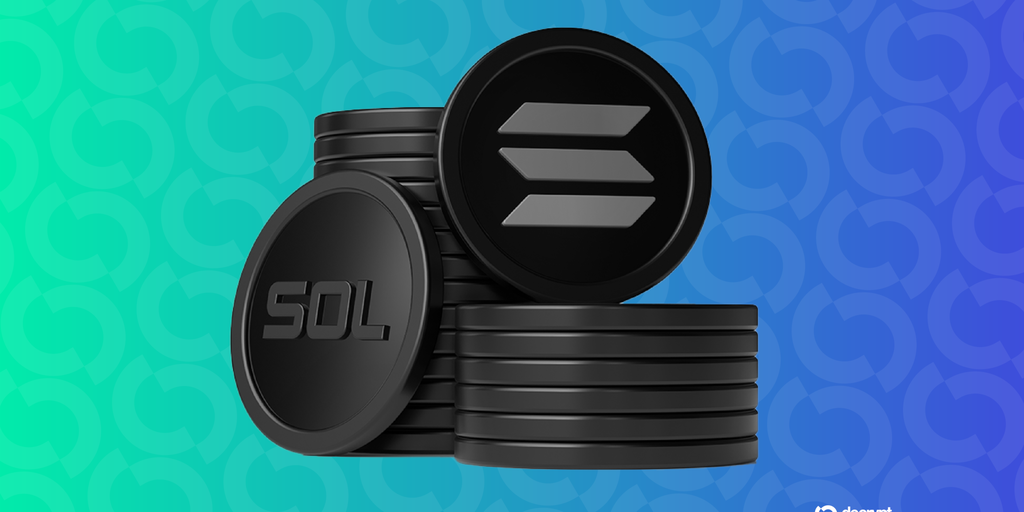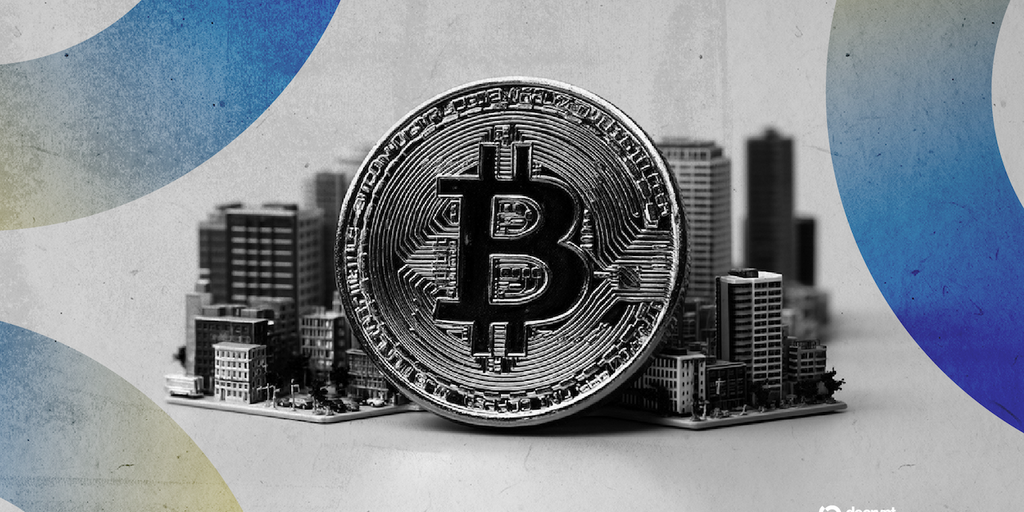
In brief
- Oracle’s AI pivot pays off: Shares surged over 30% as the company projected $455 billion in booked future revenue and faster cloud growth.
- Oracle’s neutral AI stance and ability to run models like ChatGPT inside its database stack drew major enterprise demand.
- Founder Larry Ellison’s fortune swelled by nearly $100 billion, making him the world’s richest person.
Oracle Corp. stock rocketed as much as 40% in intraday trading—a rally so dramatic, it appears to have set a record for any company valued north of $500 billion. The trigger? A bold AI strategy finally paying off.
At the heart of today’s fireworks is Oracle’s up-close-and-personal pivot into artificial intelligence infrastructure. The company revealed that its Oracle Cloud Infrastructure (OCI) business now expects massive revenue growth: CEO Safra Catz said OCI revenue is expected to reach $18 billion in the current fiscal year, then grow to $32 billion in fiscal year 2027, and eventually $144 billion in the following three years.
But numbers alone don’t explain the thrill. The real signal: a massive pipeline of future business. Oracle’s “remaining performance obligations”—essentially what’s been booked but not yet recognized—soared 359% year-over-year to $455 billion, verging on a half-trillion-dollar backlog, the company reported.
CEO Safra Catz didn’t hide the enthusiasm, stating that most of the multiyear growth is already locked in, and more multibillion-dollar contracts are expected in the coming months.
“Over the next few months, we expect to sign-up several additional multi-billion-dollar customers, and RPO is likely to exceed half-a-trillion dollars,” said CEO Safra Catz.
AI is not just a buzzword—it’s infrastructure
Oracle’s AI attractiveness comes from its strategic alliances and neutral positioning in the AI arms race. It’s part of Stargate, a massive infrastructure initiative with OpenAI and SoftBank, giving Oracle preferred status as a compute-provider-of-choice.
Crucially, Oracle claims to offer AI inferencing capabilities, running models like ChatGPT, Gemini, and Grok directly within its database stack, a convenience hyperscalers have yet to match. That unique positioning—neutral, integrated, and AI-enabled—has turned once-lagging Oracle into a major contender in AI infrastructure.
The ripple effect
In one of those rare moments where investor glee merges with spectacle, Larry Ellison vaulted past Elon Musk to become the world’s richest person, thanks to the stock surge. His net worth swelled by around $100 billion to roughly $393–400 billion.
Not everyone’s as ecstatic as Mrs. Ellison: Analysts caution the aggressive capex—Oracle expects to spend $35 billion to build data-center and supply AI chips—could dent free-cash-flow in the near term and pressure margins.
AI was the marquee act, but Oracle also highlighted four multibillion-dollar contracts with three different customers in its latest quarter. That helped lift first-quarter revenue by 12% to $14.93 billion, including a 28% jump in cloud revenue to $7.2 billion.
Analysts at Piper Sandler and Bank of America weren’t shy either, raising price targets and upgrading the stock—noting the AI-driven backlog as “too strong to be summed up simply as a blow-out.”
The bottom line
Oracle’s AI pivot has become an investor tidal wave, backed by real contracts, locked-in backlog, and infrastructure ambitions that others can’t match—at least right now.
Whether the swell leads to a sea change or tidal recession depends on execution. But for now, Oracle has Wall Street enthralled, and its AI story is delivering more than just talking points—it’s delivering stock market fireworks. And if that’s not a mixed metaphor, then nothing is.
Generally Intelligent Newsletter
A weekly AI journey narrated by Gen, a generative AI model.




